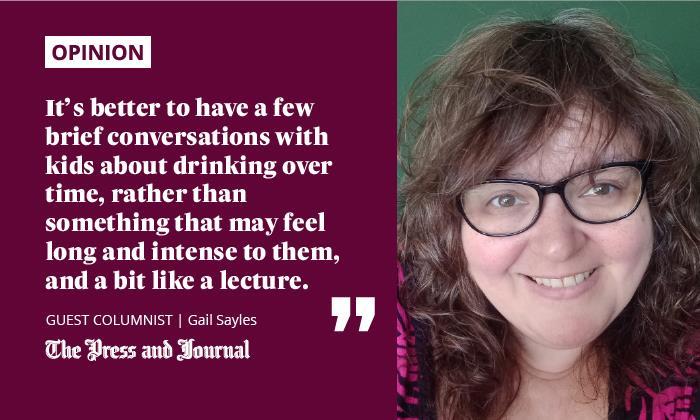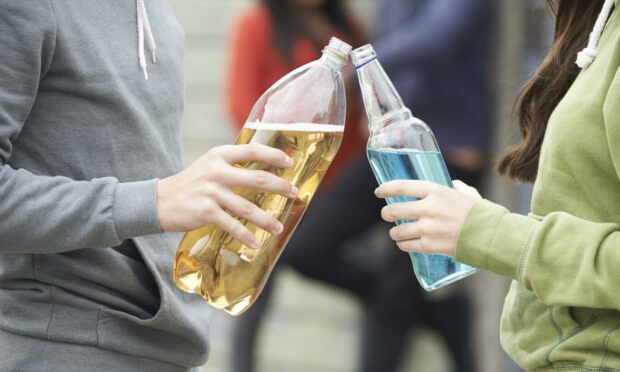Many parents, understandably, worry about their children drinking alcohol.
But, as a parent, the best thing you can do to try to make sure your child is safe around alcohol is to talk about the issue.

Children are inquisitive, and so it’s always a good idea to start talking about these issues early, if possible. It’s better to have a few brief conversations over time, rather than something that may feel long and intense to them, and a bit like a lecture.
If you’re not sure how to start, take a look at our advice on the NSPCC website on talking about difficult topics.
Arm your child with information
It’s inevitable that your child will be offered alcohol at some point growing up, so it’s important to make sure they are prepared.
Firstly, find out what they know about drinking alcohol, and if they are aware of the effects and what may happen if someone drinks too much. Being armed with this information may make them less likely to binge drink when the opportunity arises.
It could be a good idea to highlight to children the link between alcohol and anti-social behaviour and sexual activity, and talk to them about keeping themselves safe by drinking in moderation. Also make them aware of the risk of drinks being spiked.
Teaching your child about the effects of alcohol can help them to make better decisions for themselves. It’s also important they understand the laws around drinking alcohol.
It’s illegal for anyone under 18 to buy alcohol. But it is legal for adults to buy beer, wine or cider for 16 and 17-year-olds if they’re having a meal together in licensed premises, like a pub, and for five to 17-year-olds to drink alcohol at home or other private premises.
Let them know their safety is your main priority
If your teenager is going out with friends, and you think they may be drinking, you may wish to set boundaries. Ask them to keep in touch and discuss how they’ll be getting home.
You could let them know that if they or a friend becomes unwell or are in danger, then they should get in touch with you or to call the emergency services. It’s key that they know that their safety is your number one priority.
If you’re worried about your child’s behaviour, you could speak to your GP, who will be able to refer them for local support, treatment or counselling.
Children and young people who are worried about anything, including issues related to alcohol, can visit childline.org.uk or call 0800 1111 to speak to one of our counsellors.
Gail Sayles is NSPCC Scotland local campaigns manager
